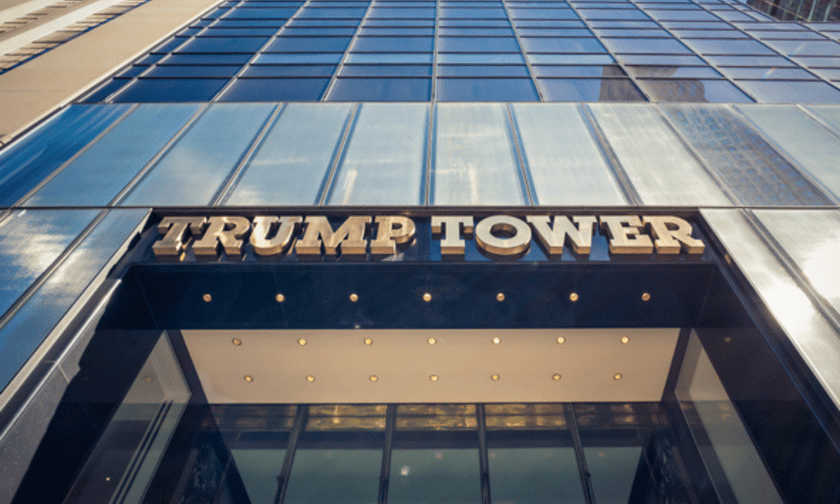

Donald J. Trump’s civil fraud trial, which revolves around allegations of significantly inflating property valuations, may start as early as next week. This follows a New York appeals court’s decision to dismiss Trump’s efforts to postpone the trial.
On Thursday, the court briefly outlined their refusal to entertain a lawsuit targeted at the trial judge, Justice Arthur F. Engoron, filed by Trump. The intention behind this lawsuit was to halt the trial and discard several charges levelled against him.
This decision trailed Justice Engoron’s notable ruling from two days prior, which found the former president accountable for fraudulently overvaluing his assets. Consequently, this has stripped him of his management rights over his New York-based properties.
New York’s attorney general, Letitia James, had previously pursued legal action against Trump, accusing him of asset inflation to achieve more favourable banking conditions and lower insurance premiums.
While Trump’s avenues to stall the trial are dwindling, he retains the right to challenge Justice Engoron’s Tuesday verdict. However, it remains uncertain if the appeals court will even entertain this, given the short shrift they gave his arguments on Thursday.
The eventual trial outcome, resting on Justice Engoron’s shoulders rather than a jury, could determine potential repercussions for Trump and his enterprise, including monetary penalties. A notable point of contention is James’ objective to reclaim US$250 million perceived as unlawful gains.
A central argument from Trump’s legal team is that certain allegations might be too dated for trial, based on an earlier appeals court resolution in June. However, the recent verdict from the appeals court seemed to ignore these arguments.
Christopher M. Kise, representing Trump, criticised the ruling as being “outrageous” and “completely disconnected from the facts and governing law.” He emphasised that fundamental “legal, accounting, and business principles” were overlooked.
Trump has consistently rejected the allegations, attributing them to political bias given the affiliations of the judge and the attorney general. Additionally, he has made strong remarks against both Justice Engoron and Ms. James.
Central to the prosecution’s case is the assertion that Trump’s yearly financial statements might have inflated his net worth, in some instances by a whopping US$2.2 billion. These inflated figures, they argue, facilitated Trump in securing bank loans under favourable terms.
Kise counter-argued that the banks profited from the loans and Trump maintained a consistent payment record, nullifying claims of fraud. However, state attorneys emphasised that demonstrating financial loss wasn’t a prerequisite for their case.
It seems also that the court is tiring of Trump’s “Fantasy World” claims. Justice Engoron imposed a US$7,500 fine on each of Trump’s attorneys for reiterating earlier arguments.
The outcome of this trial could dictate whether Trump can maintain his business activities in New York, with nearly a dozen of his properties that could be affected.
